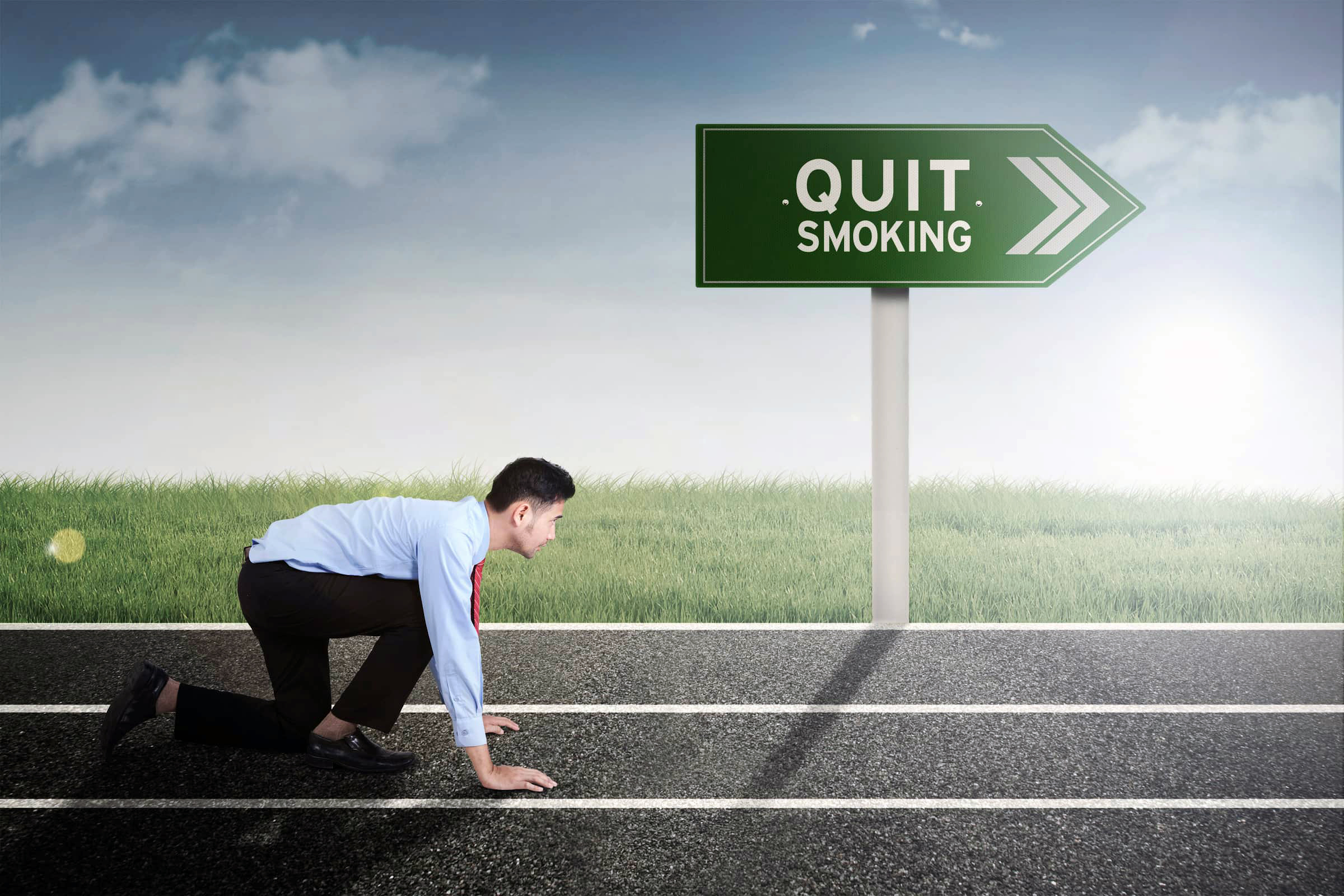As the new year approaches, many people resolve to quit smoking – yet doing so can cause side effects, which in turn may make it harder to stick to your goal.
With that in mind, I spoke with the experts from gosmokefree.co.uk who revealed the best way to help manage potential side effects – as well as five foods to avoid, and ways to beat the most common side effects – to give you the best chance of success.
The expert has revealed accessible exercises that can help combat respiratory challenges and boost healing lungs:
“Exercises that include weights or resistance bands can build stronger muscles that are more efficient at using oxygen. This means the blood flow increases throughout the body as the lungs don’t need to work as hard.
Pilates is also great if you want to boost lung capacity, as it helps to tone up the lungs, which can help reduce shortness of breath.
“Aerobic exercises such as a brisk walk or swimming can be good for those struggling with breathing, as they have a low impact. They can help increase blood circulation and heart rate.
And while yoga may not seem like an obvious choice when quitting smoking, it helps you to practice deep breathing and mindfulness, which can help with low moods.”
As well as offering tips to manage physical and mental side effects, the experts have identified four foods to avoid until you’ve successfully stopped smoking, as consuming them may cause a relapse or exacerbate side effects further.
Five foods to avoid when stopping smoking
- Spicy food
- Sugary snacks
- Coffee
- Fried foods
- Excessive salt
They say: “It’s also key to be aware of your diet, as spicy and sugary foods can trigger nicotine. Furthermore, if you opt for excessively sugary foods when quitting smoking, you run the risk of forming a sugar addiction as a replacement for nicotine.”
Another strong trigger when quitting smoking is coffee, as the expert explains: “Coffee acts as a trigger for smoking nicotine because the caffeine in coffee enhances the stimulating effects of cigarettes, creating a synergistic buzz.
“The pairing of coffee and cigarettes often becomes a habitual and reinforcing routine, strengthening the association between the two, making it challenging for those trying to quit smoking.”
“Fried foods should also be avoided, as they can contribute to excess torso fat and add pressure to the diaphragm. For anyone in the process of quitting smoking, this increased pressure can exacerbate breathing difficulties and make the journey more challenging.”
Finally, the expert warns against excess salt, saying: “An over-consumption of salt can result in water retention in the body, creating additional weight around the diaphragm. This also causes extra pressure that can restrict breathing and make sticking to your goals harder.”
Common side effects of quitting smoking may include mood swings, a chesty cough, difficulty sleeping and unhealthy food cravings.
Understanding and preparing for these side effects can contribute to a more successful and sustainable journey toward a healthier, smoke-free lifestyle. The experts at gosmokefree.co.uk say:
“For those who are finding it difficult to manage side effects, practice breathing exercises and meditation, build up your exercise routine so you have a healthy outlet for your frustrations, and contact a counselling service if you need to talk.
“One of the most common side effects when stopping smoking is developing a chesty cough. The best way to manage a chesty cough is to stay hydrated, take hot showers to loosen mucus in the respiratory passages, and use honey to reduce irritation in the throat.”
“And for those having trouble sleeping, cut out caffeine, create a relaxing atmosphere before bed with a bath or calming book, and stick to a strict bedtime so that winding down becomes second nature. Try to be especially wary of late-night tobacco cravings!
Taking care of your body is crucial when quitting smoking as it helps mitigate withdrawal symptoms, promotes overall well-being, and accelerates the recovery of damaged organs.
Prioritising self-care – including healthy nutrition, regular exercise, and sufficient rest – eases the challenges of quitting but also sets the foundation for a sustainable smoke-free lifestyle.





